The Universities’ Transport Study Group (UTSG), initiated by the late Professor R.J. Smeed of University College London in 1967, aims to promote transport teaching and research and to act as a focus for those involved in these activities in universities and institutions of higher education in the UK and Ireland. Member institutions (of which there are over 50) are expected to be conducting a substantial amount of postgraduate research in the field of transport. Because such activities are often spread over several departments, each institution appoints a correspondent to disseminate and collate information: in this way over 100 departments are involved in UTSG’s activities. Membership of UTSG is free and all positions on its elected executive committee are honorary. In addition to the membership from the UK and Ireland, over 70 academic institutions are represented on its list of overseas correspondents.
Main Activities
- An annual conference for staff, research students and other relative newcomers to transport research of member institutions and overseas universities, which is designed to discuss research needs, research in progress, and to give research students the opportunity to present papers on their work.
- Liaison with users and sponsors of transport research (including the relevant professional institutions and organisations) aimed at promoting the benefits of university research, the timely dissemination of information on research opportunities to UTSG members and the general dissemination of information on the relevant research activities of UTSG members.
- Occasional informal seminars and workshops arranged by liaison groups or with government organisations to discuss specific research issues in greater depth.
- Ensuring sufficient and sustained financial support for transport research and education at all levels, including issues such as methods of assessment employed, and support for research staff.
UTSG welcomes applications for membership from Institutions in the UK and Ireland and enquiries on any of its activities should be addressed to the Honorary Secretary.
————————————
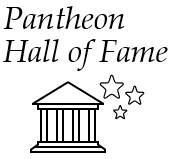
————————————
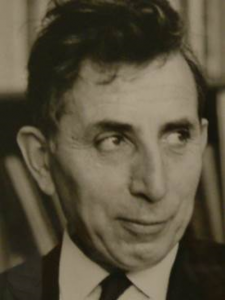
Reuben Smeed, CBE (1909–1976), known for Smeed’s law which correlated traffic fatalities to traffic density, became the first Professor of Traffic Studies at University College London in 1969.
Prof. Smeed, a pioneering transport statistician, was associated with the first serious proposals for the implementation of road pricing. As Head of the Traffic and Safety Division of the Road Research Laboratory, he was appointed by the Minister of Transport, Ernest Marples, to chair a “Panel on Road Pricing” which had the remit to investigate and report on the proposals for implementing road pricing. The Smeed report of 1964 supported the principle of congestion pricing and suggested that several technologies – with further development – could be used to implement it.
Part of his legacy is The Smeed prize that has been awarded annually at the Annual UTSG Conference “to recognise the best student paper and presentation“.
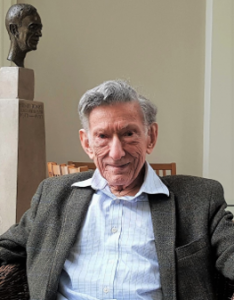
Professor Richard Allsop, OBE (1940-2024) was a UCL professor working on road safety who was known for his pioneering work and support of others. He built his reputation in the transport safety field in areas such as drink-driving, seat belts, signal-controlled junctions, risk and choice on roads, the safe system and the impact of the economic recession on traffic fatalities. From 1973 to 1976 he was Director of The Transport Operations Research Group at the University of Newcastle upon Tyne, before becoming Director of the Centre for Transport Studies at UCL, a post which he held for 20 years. He was a PhD student of Prof. Smeed.
Richard helped UTSG to develop a symbiotic relationship with the Department for Transport. He actually, attended every UTSG conference from 1969 to 1994 – 26 conferences in a row without missing one. He was the first Secretary of UTSG and was responsible for drafting the first UTSG Constitution. He has also been a UTSG Chair.
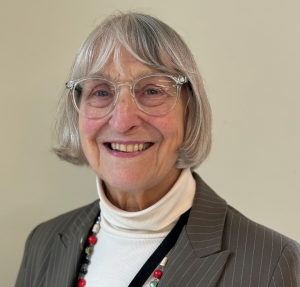
Professor Margaret C. Bell, CBE is a Commander of the Order of the British Empire for services to sustainable transport (Queen’s 80th Birthday Honours List in 2006), Honorary Fellow of IHE and ICE, FIHT and CMILT and the Honorary Editor Chief of the IET ITS.
Her main contribution, over almost five decades, to knowledge rests with a realistic queueing model for TRANSYT, ageing of traffic signal plans and pioneering research assessing the impacts and management of traffic-related pollutant emissions, their effects on exposure and health and win-win solutions for improving air quality and reducing carbon in the provision of sustainable transport.
Professor Bell is the record holder when it comes to UTSG attendance – she attended her first UTSG conference in 1978 and she has been with us every year inspiring those around her. She has served as a UTSG Chair and she was the creator of the UTSG EDI Committee.
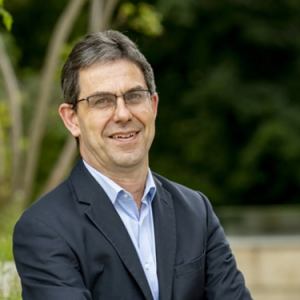
Professor John Preston joined the University of Southampton in 2006, having previously held positions at the University of Leeds (1982-1997) and the University of Oxford (1997-2005). He has 40 years of experience in transport research and education.
His research in transport covers demand and cost modelling, regulatory studies, land-use and environment interactions and economic appraisal and evaluation. His initial work concentrated on rail but subsequent work has covered all the major modes of transport. He has held almost 160 research grants and contracts, worth over £22 million, and has published almost 400 articles, book chapters, conferences and working papers. He has supervised over 30 doctoral students. He is an elected Fellow of the TRL Academy and a Fellow of the Chartered Institution of Highways and Transportation.
He has been since 1984 and with very few exemptions, a UTSG conference attendee and one of our greatest advocates.
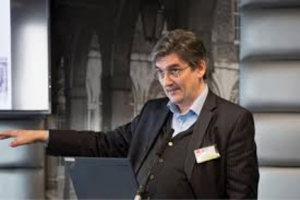
John Polak was a Professor of Transport Demand and Director of the Urban Systems Laboratory, at Imperial College London.
Prior to establishing the Urban Systems Laboratory, he was Director of the Centre for Transport Studies and Director of Research in the Department of Civil and Environmental Engineering at Imperial.
Professor Polak was a mathematician by background with over 30 years experience in the mathematical analysis of transport systems studying over his illustrious career a number of aspects of travel demand modelling, network performance estimation, network control and traffic management and intelligent transport systems.
He was a past President of the International Association for Travel Behaviour Research and a past Council Member of the Association for European Transport and served on the editorial advisory boards of many leading international journals. He was a member of the Mayor of London’s Smart London Board and had served as an advisor to government and industry worldwide.
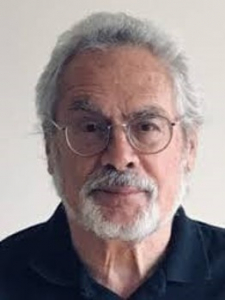
Phil Goodwin BSc (Econ), Ph.D, FCILT, FCIHT, was one of Professor Reuben Smeed’s first intake of PhD students at UCL, in 1967-1974, then joined the Greater London Council as a transport planner. He became Assistant Director of the Oxford University Transport Studies Unit in 1979, then Director, and Reader. He returned to UCL as Professor of Transport Policy in 1996, and moved to the Centre for Transport and Society at UWE in 2004. He was founding editor of the journal ‘Transport Policy’ and Editor in Chief of the journal Transportation Research ‘A’.
He is the only person to have been a member of both the notable DfT analytical advisory committees SACTRA and JADP throughout their lives, and was also Chair of an ad hoc policy committee appointed by John Prescott to help write the 1998 White Paper ‘A new deal for transport’.
His own research work, and as a collaborator with both junior researchers and some of the notable researchers in British and wider academic life, has included influential – and sometimes controversial – work on demand elasticities, induced traffic and its inverse, ‘peak car’, road pricing, value of time, and dynamic analysis of sustainable transport policy and travel behaviour. His most recent paper – on the inaccuracy of road traffic forecasts in our lifetimes, was published since the start of this conference, in Local Transport Today & Tapas, free to view.
